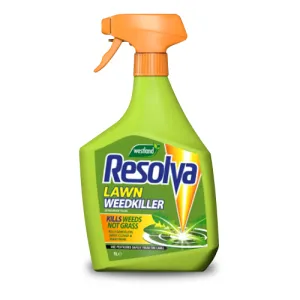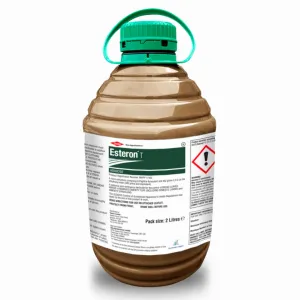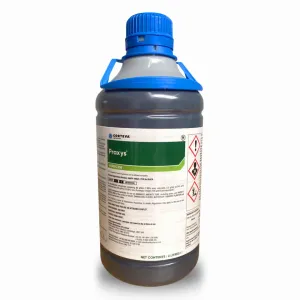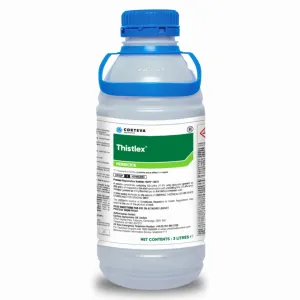Ultimately, the decision on whether to leave or remove clover will come down to how you want your lawn to look - whether you can tolerate patches of clover with its flowers and variations in colour, or whether you prefer to have a consistent lawn made up wholly of grass.
Clover is not poisonous, but it will choke the grass around it, slowly intruding across larger parts of your lawn as it rapidly spreads. Ultimately if left unchecked, clover can take over your entire lawn.
Encouraging bees to the borders
Clover flowers are edible and taste of honey. Their sweet nectar is incredibly attractive to pollinators – where’s there’s clover, you’ll find bees.
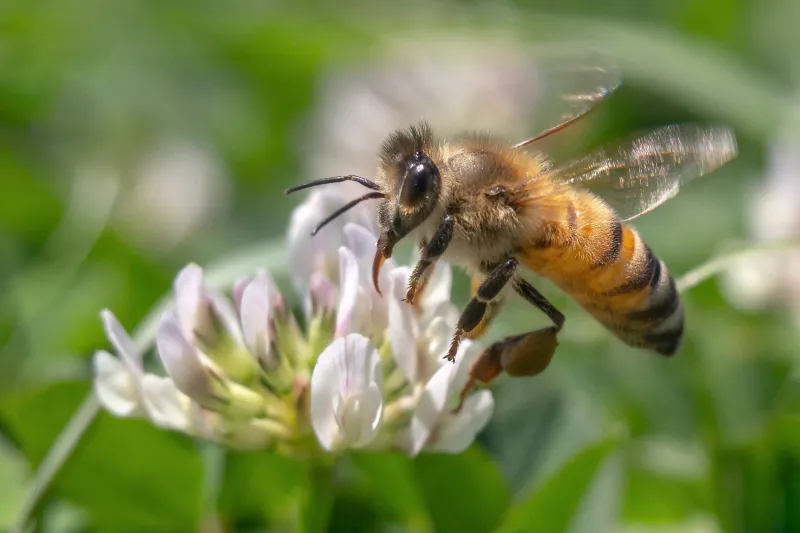
Bees love clover flowers
Some people prefer to remove clover from lawns in order to prevent the low growing pink and white flowers from attracting feeding bees in early summer. If you have young children or dogs, avoiding contact with hungry bees can help keep things calm in the garden.
When we keep our lawns free of flowering weeds, we’re effectively encouraging bees, wasps, and other pollinators to stay in the margins. If you have bee or wasp allergies in your household, keeping a weed-free lawn will help avoid stings.
How did it get there?
Clover is a tough, distinctive plant that most of us will recognise as a - mostly - three leaved plant. It will out-compete other weeds, but did you know it can crop up because your lawn is low in essential nutrients?
If you see a lot of clover in your lawn, it is likely that your grass is low on nitrogen. Clover does not need nitrogen in the soil to thrive (it is a legume and makes its own nitrogen), so one of the most productive things you can do to prevent it taking a hold in the future is to give your grass a good feed.
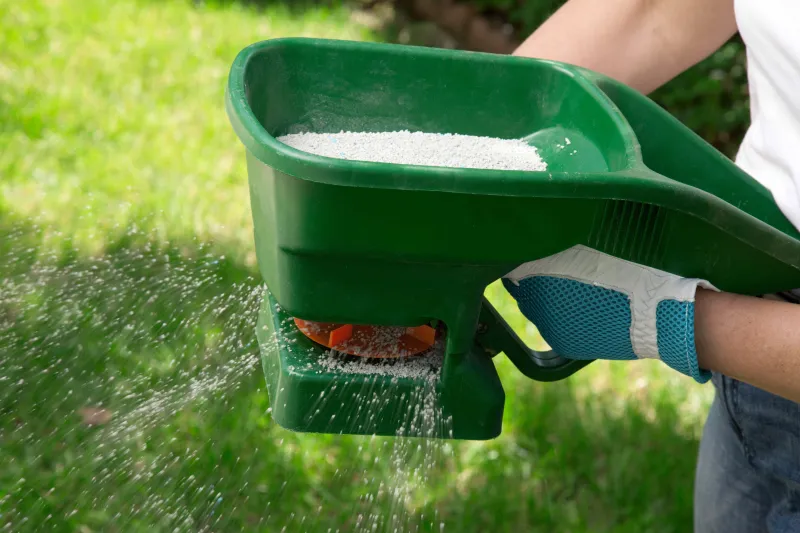
Spreading fertiliser with a hand-held spreader
Hard, compacted earth that is too solid for grass to grow is no problem for clover; its root system thrives in compacted soil. If you have high footfall across areas of your lawn, or you’re mowing a lot in a smaller garden, your soil is likely to compact over time.
This compaction reduces the amount of water and air the soil can hold, which ultimately means that grass can no longer grow.
To resolve this issue, simple aerate the compacted areas using a broad-fork or garden fork to create holes that will give the soil more space to take on moisture. If necessary, remove very hard lumps of soil and replace with new, high-quality soil.
 Aerate compacted soil with a garden fork
Aerate compacted soil with a garden fork
No low mow
Most of us enjoy the satisfaction that comes with cutting our grass nice and low. However, when you mow on a low setting, it stresses the grass which can weaken it allowing clover and other weeds to creep in.
Try and mow your grass on a higher setting which will help the grass compete by blocking the available light to lower-growing clover. A good rule of thumb is never to mow more than one third of the current height of grass.
The same stress factors apply to under-watering. A lack of water will stress the grass allowing the drought-tolerant clover to establish itself. Keep your lawn well-watered, if possible, especially in warmer summer months.
It is better to water deeply and infrequently. This gives grass the chance to establish deep roots, arming it to out-compete the clover.
Easy elimination
Clover is a dominant plant and can prevent other weeds from establishing themselves on your lawn. It also arguably has some advantages as a living mulch. However, unlike grass, it will die back in winter months leaving your lawn looking patchy.
If you decide it has no place in your lawn, there are easy ways to eliminate it. If you cannot manually remove it, or there’s simply too much of it to tackle by hand, then selective herbicides will work well.
Choose a herbicide that will not damage or harm the surrounding grass:
Resolva Lawn Weed Killer is a non-glyphosate weed killer that will tackle clover along with buttercups, daisies, and dandelions in your grass.
Esteron is a good lawn weedkiller with a very low application rate. It is rain fast in one hour and only needs one treatment per year.
Praxys is a selective, systemic herbicide that contains a mix of powerful ingredients to kill clover right down to the root.
ThistleX as its name suggests is highly effective at controlling thistles but will also effectively kill clover without damaging the grass.
Keep a watchful eye on your lawn in spring when clover is actively growing, and try and keep your grass healthy and well fed. This combined with a regime of higher mowing, aeration and watering will give you every chance of controlling clover in your lawn this year.




